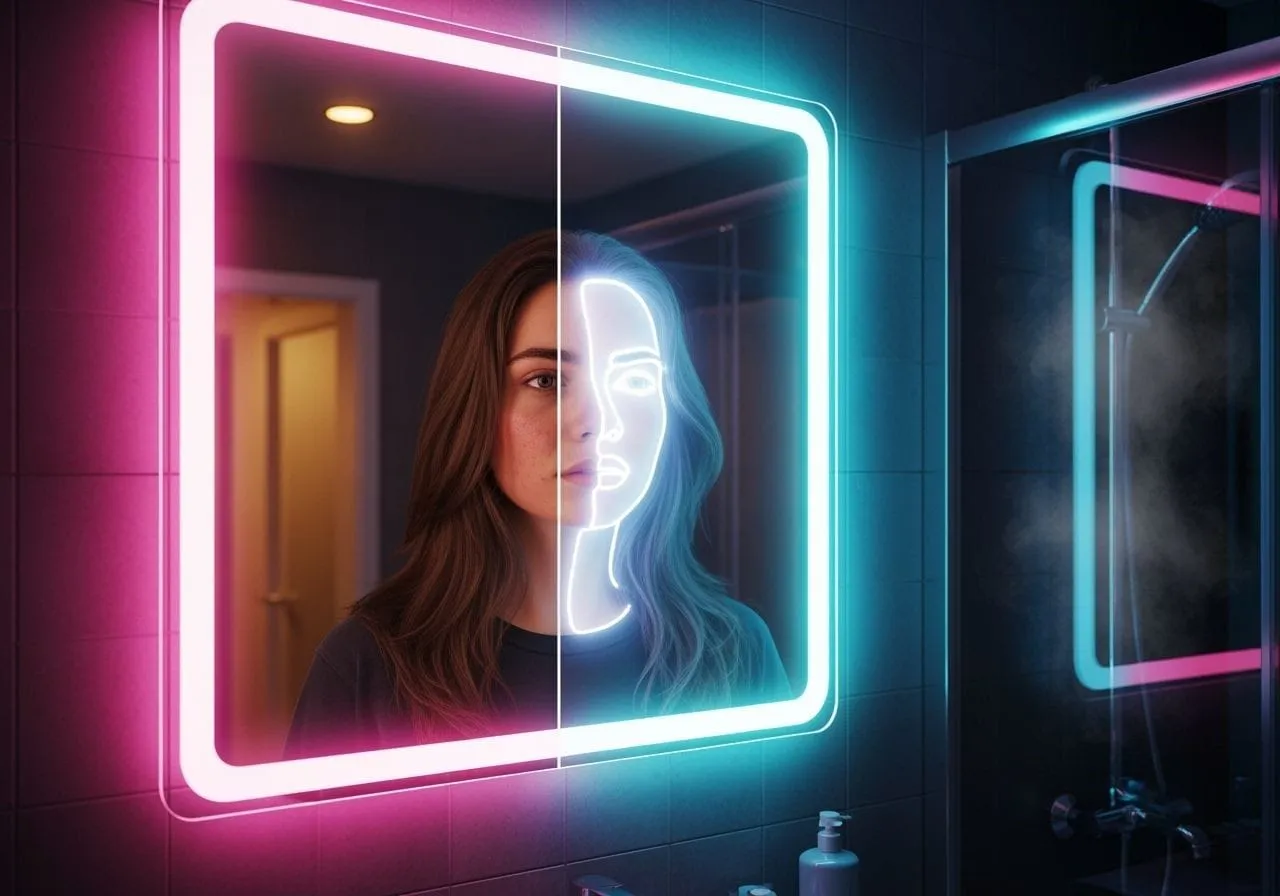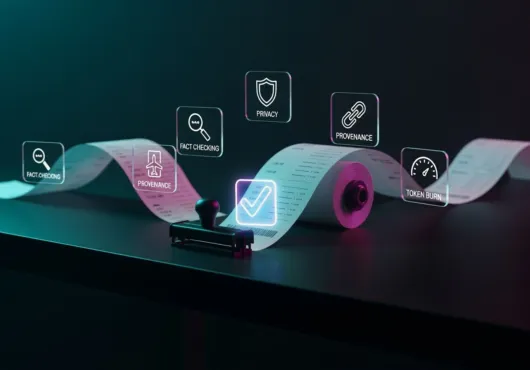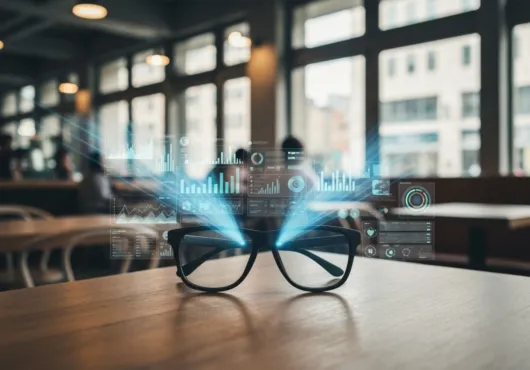Confession: I fed Midjourney a perfectly average selfie and it spat back a version of me that looks like my bones were carved by Michelangelo and lit by a 24/7 golden hour. Ten minutes later, my profile pic is racking up likes I’ve never seen before, and I’m left wondering if I just swiped right on my own digital doppelgänger.
Welcome to the newest identity crisis: AI beauty filters on nuclear overdrive. We’ve gone from smoothing zits to generating full-blown fantasy avatars—and we’re all one upload away from flirting with AI-airbrushed versions of ourselves.
Like What You Read? Dive Deeper Into AI’s Real Impact.
Keep Reading- AI beauty filters now rebuild your face, not just retouch it.
- Self-catfishing is the new self-esteem trap—digital high, real-world crash.
- Reality check: if you can’t ID yourself offline, maybe pump the AI brakes.
When “Enhance” Becomes “Invent”
Classic filter: Hides pores, brightens eyes.
Midjourney filter: Rebuild the jawline, lengthen a lash, make your cheekbones sharp enough to slice Bitcoin.
Outcome: You will look like a pop idol and a superhero. The problem? You still have to show up to that coffee date with your actual, carbon-based face.
Digital Narcissus 2.0
Remember the Greek myth: guy sees his reflection, falls in love, can’t look away. Fast-forward to 2025—Narcissus is swiping through a gallery of AI-generated headshots, ranking which future version of himself he’d date. Vanity was a sin; now it’s a UX feature.
Self-esteem yo-yo:
Upload → AI glow-up → dopamine spike.
Mirror check IRL → emotional crash.
Repeat until you’ve memorized your phone’s charge cycle.
Catfishing Yourself (and Everyone Else)
Swipe culture already rewards strategic lighting and questionable angles. Now toss in AI that can replace “meh” with “model” and you’ve got a new category of deception: Auto-Catfish. You’re not catfishing strangers; you’re catfishing yourself first, then passively gaslighting the rest of the internet.
Side effects may include:
Chronic impostor syndrome (“Do I look like me today or AI-me?”).
Photo ID anxiety—DMV cameras don’t run stable diffusion.
Dystopian dating disclaimers: “Warning—images may be AI-optimized for emotional engagement.”
The Like-Economy Just Got Weirder
Social currency 101: hotter pic → more likes → micro-dopamine infusion. AI turns that faucet into a fire hose, spiking engagement with savagely optimized glamour shots. Brands love it. Influencers love it. Your ex loves it (while hate-stalking). Reality, however, files a noise complaint.
Algorithmic beauty arms race:
Post authentic selfies? Left behind.
Use Midjourney? Front-page explore tab.
The question isn’t “Will you cave?”—it’s “How many prompts until you do?”
Ethics on Vacation
Sure, there’s a world where AI empowers people: gender-affirming avatars, accessible fashion shoots, inclusive representation. But right now the norm is digital plastic surgery with zero recovery time. The moral compass? Left in airplane mode.
Final Glitch: Mirror, Mirror, Off the Wall
Look, if you want to experiment with your face like it’s a Photoshop layer, go wild. But remember: your followers might fall for AI-you—problem is, you might too. When the likes fade and the screen goes dark, you’re still rocking the same flesh-and-bone firmware you woke up with.
So before you hit “Generate” one more time, ask yourself: If I can’t recognize me, why should anyone else? In the end, catfishing the world is easy; it’s believing your own cover story that’ll really mess with your head.



